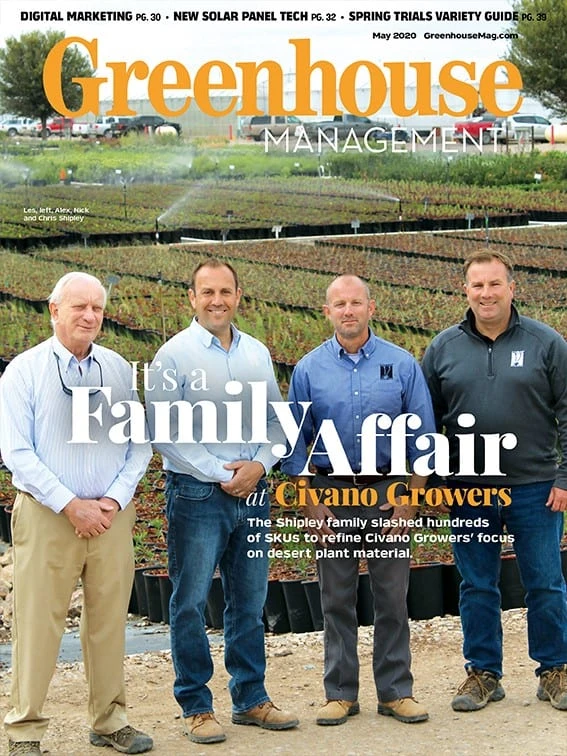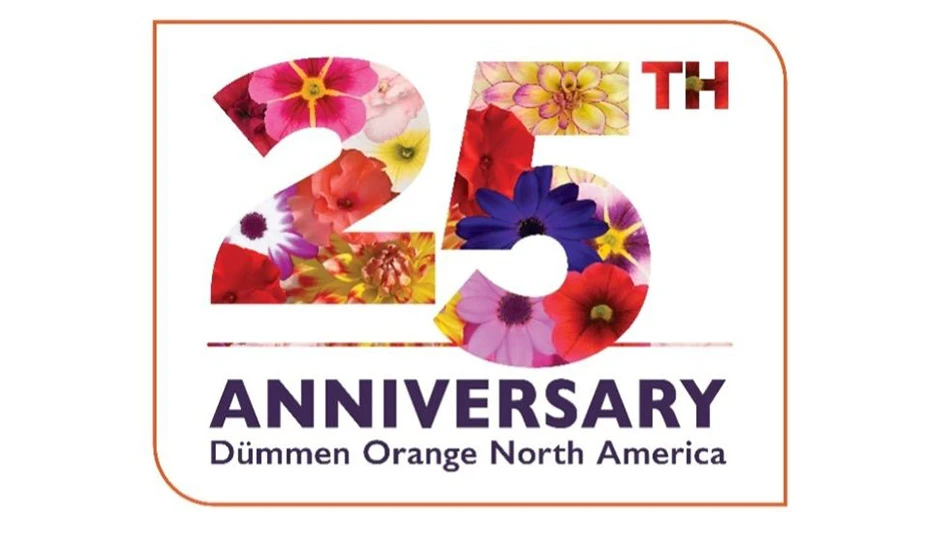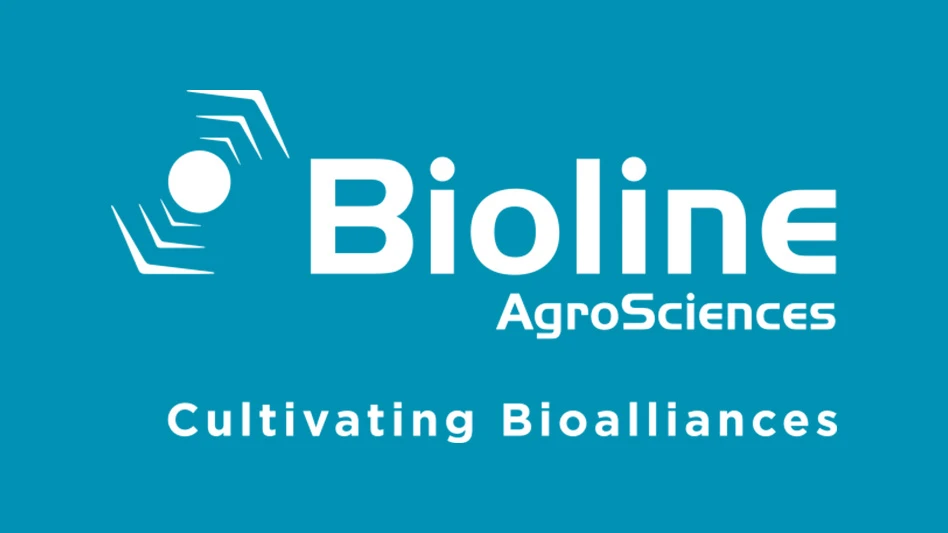

osta Farms was founded in 1961 by Jose Costa, Sr. — well before computers and the internet changed marketing strategies. When Costa started the business, he built his brand by investing in print advertising, face time at trade shows, other traditional methods and — of course, growing high-quality plants.
Fast-forward almost six decades: Costa is at the forefront of modern marketing in the horticulture space while still utilizing tried-and-true methods. Over the past several years, the company invested heavily in creating a digital identity via a comprehensive website, an email newsletter and a robust social media presence, among other tools. It’s also a much larger company, expanding from the initial 30 acres Costa purchased in the 60's to 5,200 acres of covered growing space that it has now, plus facilities in China and the Dominican Republic.
Costa Farms still does traditional marketing — but on many platforms instead of just one.
"It's about interacting and providing as much feedback from the end consumer that we don't necessarily get to have that face-to-face interaction with,” says Melissa Martinez, Costa’s digital and public relations manager.
The importance of educating the consumer
According to Martinez, her job is hard to distill down to a single responsibility.
"I oversee all consumer communication, so everything from the emails we get to social media, the website and marketing campaigns, and working directly with our retail partners,” she says. “It's hard to wrap a job description around it just because it's always evolving.”
A key part of Costa’s communication efforts is its broader education strategy. On its website, there’s a plant-finder database where customers can find the right plant for their apartment, information about giving a plant, or finding out how to care for a new plant they were given. The database allows users to look for plants based on five different categories — plant type, lighting, plant perks, color and personality — or simply search alphabetically.
Another part of the education effort is Costa’s in-house plant hunter Mike Rimland, Costa Farm's vice president of research and development and Global Ambassador. Rimland has been seeking new varieties around the world since the 1980s. Recently, Martinez hosted a live Q&A on the company's Instagram page during which Rimland answered participants' questions and promoted the company's new Trending Tropicals that he helped develop. The video now lives as permanent content on the company's page, along with plant care tips, new plant varieties and other content exclusive to the account.
“A lot of people don’t know our team in the digital space,” Martinez says. “We want to introduce Rimland and other people in our company to our audience.”


Engagement above all and how to get started
Martinez notes that her job description has even changed in the roughly two years since she started at Costa Farms as the online community around certain plants — notably houseplants — has grown rapidly in that time.
“Two years isn’t even all that long in terms of an online community, but we know that digital shifts so fast,” she says. “It's been the growth of the houseplant community [that's boomed]. It was around 2017 when we saw the trends and people really started sharing their houseplants on Instagram. But, really, over the past two years, there's been an entire community built around it. There are people who are building businesses and who are educating each other." Martinez says that in her previous jobs, in the beauty and fashion industries, she had seen and worked with influencers in those spaces that set a template for other communities to build off.
“This allows us to promote our products directly to the consumer,” Martinez says. “We have products in the pipeline, we have brands we’ve built up over the last decade. As we continue to grow the business, we can grow with [the end consumer] and continue to engage with them and provide support and show them who we are. You aren’t just buying the physical item anymore — you’re buying the why and the effort that goes behind it.”
For companies considering launching their own digital marketing efforts, Martinez says the key is to start out by listening to the consumer first and figuring out what they want and need. On the platforms the company is primarily on — Instagram, Facebook and Pinterest — the content posted is customized to what the audience is asking for over time.
“We want to understand them and provide feedback,” she says. “But it’s also about understanding the platform. The way we interact on Instagram is not the same way we interact on Facebook and it’s not the same way we interact on Pinterest.”
She adds that having an aesthetically-pleasing, functional website is key too, as it is a way to tell a company’s story and house any information that the company would want to share. While she notes that Costa’s Plant Finder tool is a key part of its web success, it’s not the only reason the site exists or is successful. Ultimately, the firm is still a grower as much as it is a plant brand.
"At the end of the day, it's about making something that is community focused, especially with something like gardening where it's about helping each other and growing together, literally,” Martinez says.

Explore the May 2020 Issue
Check out more from this issue and find your next story to read.
Latest from Greenhouse Management
- Super Charged Moon Juice from Moon Valley Nurseries now available nationally
- 2025 Proven Winners Horticulture Scholarship applications now open
- How to improve inventory and shipping management in the greenhouse
- Leading Women of Horticulture: Anna Ball, Ball Hort, and Terri McEnaney, Bailey Nurseries
- GM CEA HERB Part 2: A guide to increasing the sowing density of culinary herbs
- GM CEA HERB Part 1: Best practices for producing culinary herbs in controlled environments
- USDA fires experts on invasive pests, including Asian citrus psyllid, chilli thrips
- CEA Alliance celebrates bipartisan introduction of Supporting Innovation in Agriculture Act








